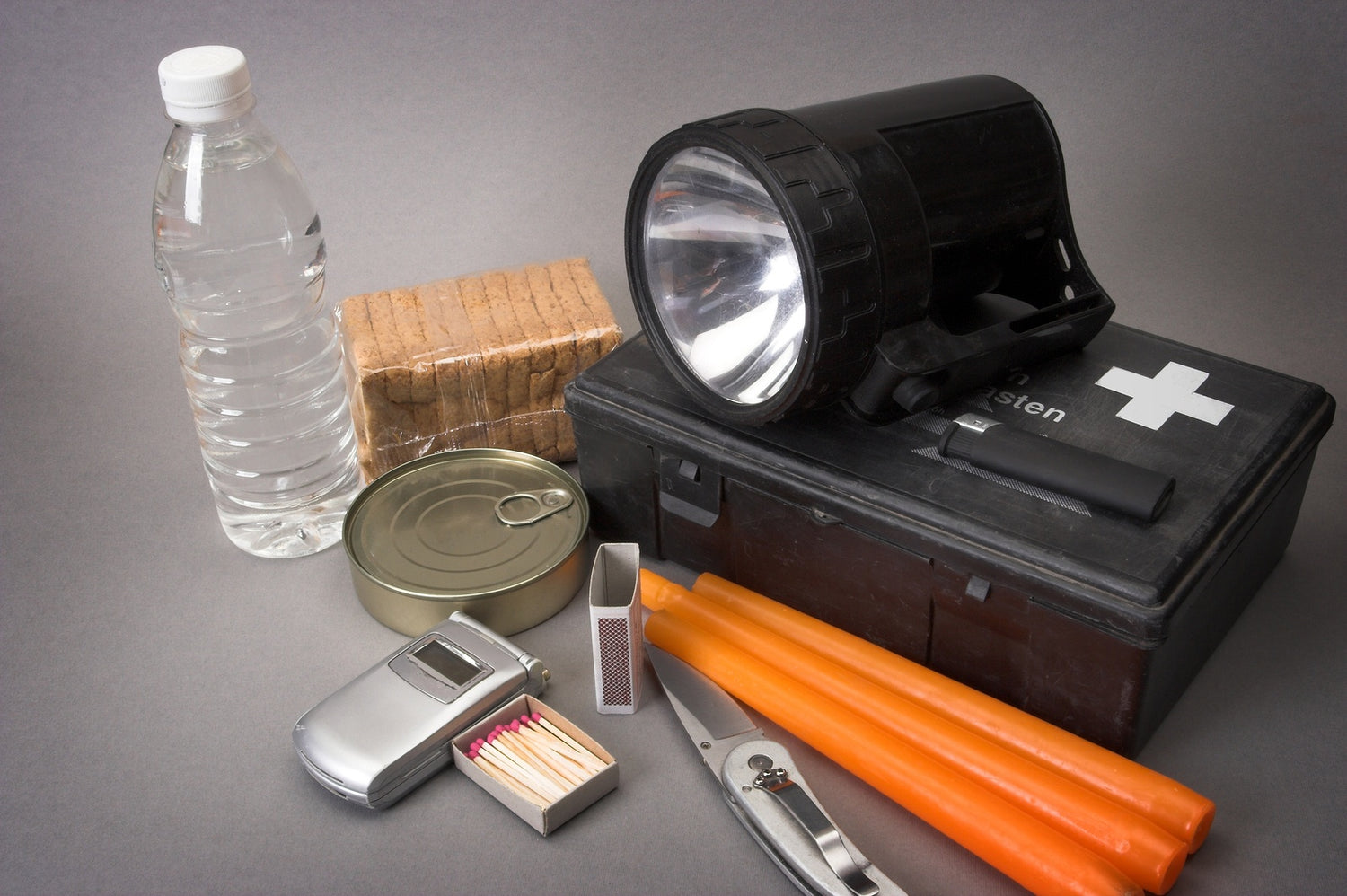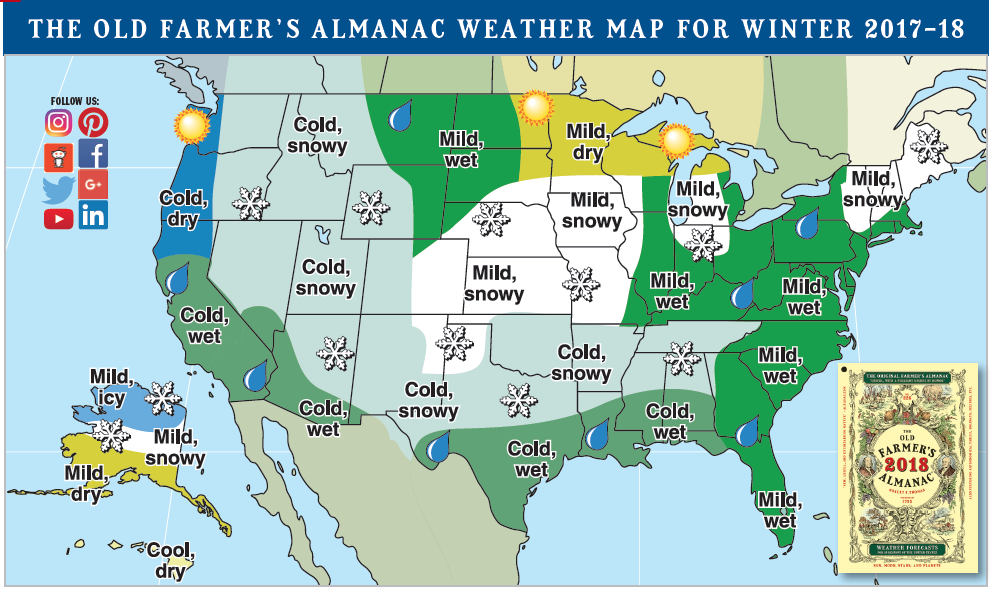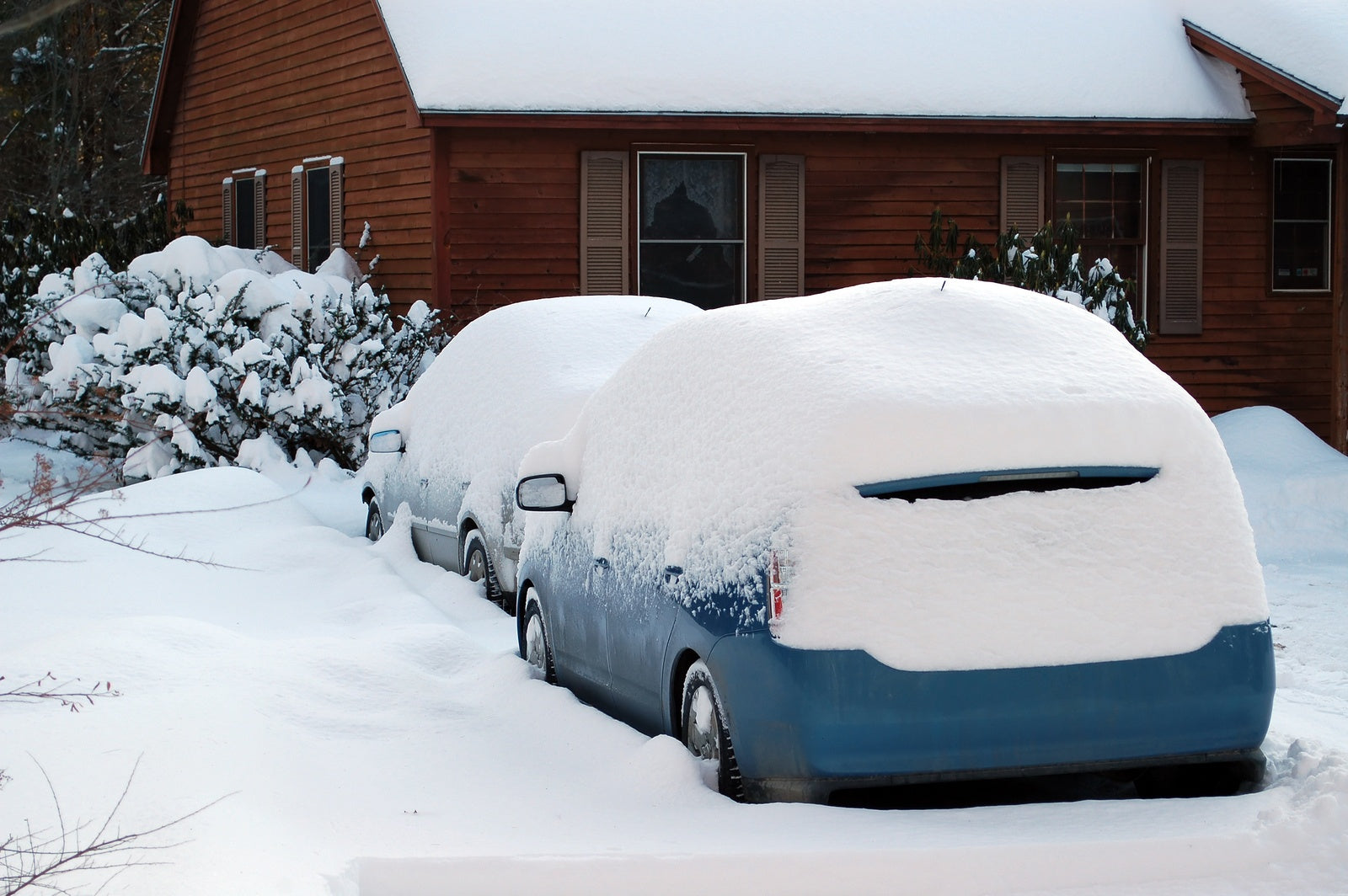
AccuWeather is predicting above-average snowfall for the East Coast this winter, and a long winter for the entire U.S. What this means is: if you haven’t already done so, now is the time to get ready for winter storms (especially if you live in an area where storms like these are a possibility).
If you want to make sure your home, car and family are prepared for winter, there are six important questions you need to ask yourself:
1. Do you have a winter storm emergency kit?
If not, you should. Of course your emergency kit should have all the standard first aid supplies, but in addition: you need to include everything you and your family would need in order to survive being snowed in for a minimum of three days.
This includes:
- Non-perishable food items and bottled water (enough to last three days)
- A manual can opener
- Medications for colds, coughs, fevers, headaches, and other common ailments
- A back-up supply of any medications you or a family member take on a regular basis
- One or more reliable flashlights with unopened packs of backup batteries (if possible, include a battery pack for your cell phone too)
- A battery-operated, NOAA Weather Radio that will keep you up to date on forecasts even during a brownout
- A generator that can be used to run lights, heaters, and appliances during power outages, along with a sufficient fuel supply
- Extra winter clothing and warm blankets
2. Do you know how to make sure everyone’s okay?
If you know a storm is coming, contact your loved ones before the storm hits and let them know where you plan to be, and the best way to reach you (if possible). Texting and social media are both good options for contacting loved ones in an emergency, if you have a working cell phone.
If you need to call someone, keep your conversations short: this not only helps keep phone lines free for 911, it also helps conserve your phone’s battery. And keep in mind that cordless phones don’t work in a power outage. If you have a landline, make sure you have at least one corded phone in your house. If you rely on a cellphone, make sure it’s charged before the storm hits.
If you have neighbors — especially elderly or disabled neighbors — they may need extra help during an emergency. To help make sure everyone is taken care of, you can assign “block buddies”.
3. Are your smoke alarms and carbon monoxide detectors working?
Be sure to have carbon monoxide and smoke alarms installed in every inhabited room. Check the batteries when winter begins and have extra batteries on hand. More than 400 people in the U.S. die each year from accidental carbon monoxide poisoning. That’s more than one person per day!
4. Have you winterized your home?
This may include re-insulating and re-ventilating your attic, re-caulking around windows or installing more energy-efficient windows, attaching weather stripping under your doors, insulating any pipes that could freeze during an outage, installing storm windows, and having fire extinguishers ready.
5. Do you have good snow and ice removal tools on-hand?
First, you need to stock up on snow and ice removal tools like a lightweight, plastic, ergonomically designed snow shovel, a deicing product (preferably not rock salt since that popular deicer is very harsh on both pavements and the environment) and sand or kitty litter that you can sprinkle on your driveway and walkways to improve traction.
Second, hire a professional roofer to inspect your roof as soon as possible. If there are any loose or missing shingles, dislodged pieces of flashing, or potential leakage points, get these problems repaired before winter begins. Winter is the harshest season of the year on roofing, so start the season with a fully prepared roof.
6. Have you winterized your car?
Before winter begins, it is wise to get vehicle safety inspection done by a professional mechanic and to make all necessary repairs. Brakes must be in top condition, tire treads not worn too thin, exhaust pipes free of leaks, and batteries reliable and fully charged. Also be sure your lights, heater/defrost, ignition, thermostat, and all crucial vehicle components are reliable. And take care to get your antifreeze, oil, and fluids topped off, while never allowing your gas tank to be less than half full (so the gas cannot freeze).
You may need to make an emergency drive to the hospital or another location during winter, and you can't afford to have your vehicle break down on you.
Also consider that a storm may come while you are already out on the highway and force you to stop by the roadside. For this reason, be sure to stockpile blankets, food, water, a first aid kit, and other emergency items in your vehicle.
If you can answer “yes” to these six questions, then you’re well prepared for winter storms.


